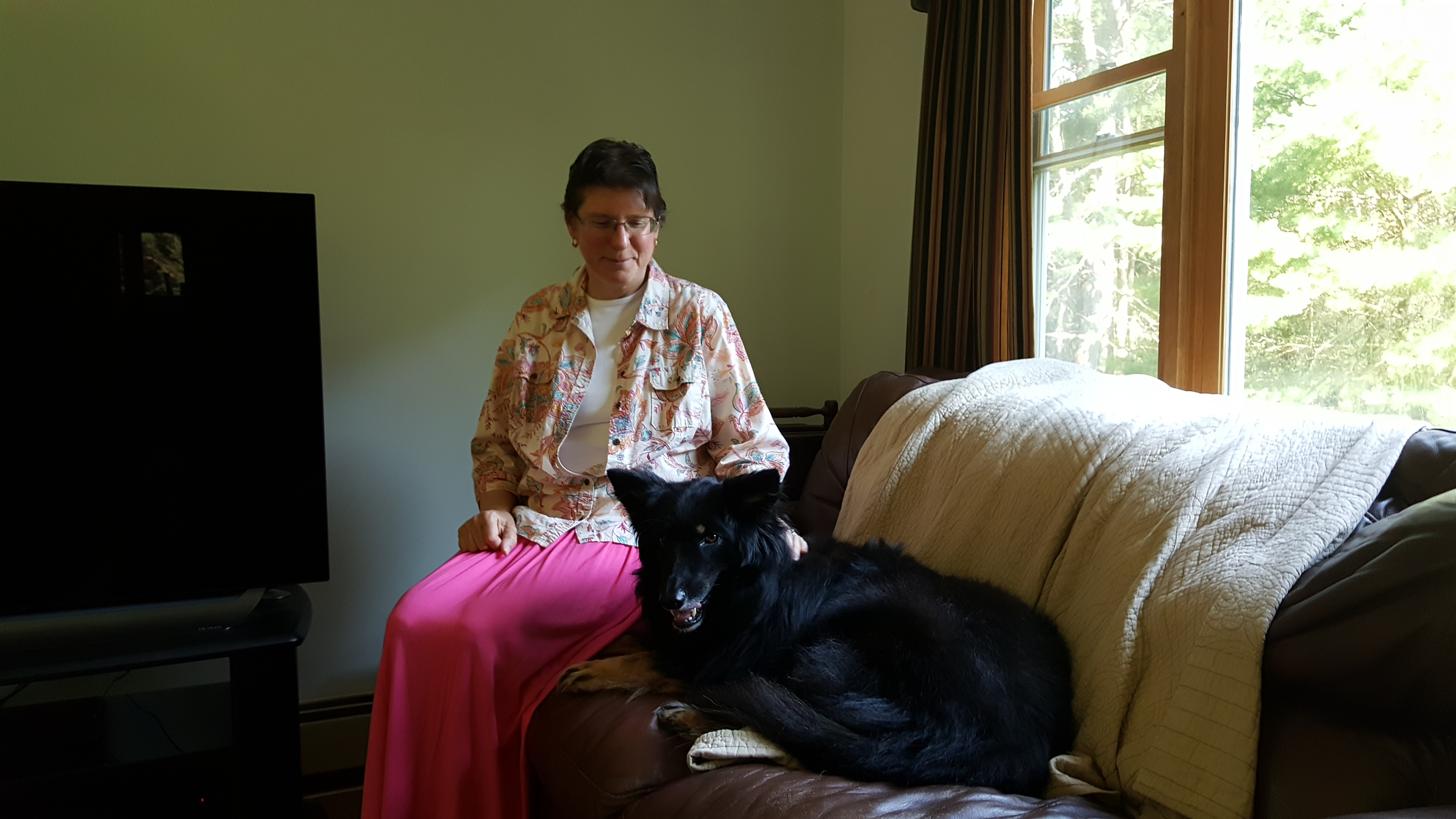Welcome to the Wakefield Doctrine (the theory of clarks, scotts and rogers)
Kristi hosts our TToT bloghop each week. We read, write, remember and add to ourselfs by participation in this celebration of the positive things in our (individual and collective) world(s).
For this week, my contribution:
1) Phyllis
2) Una
3) My work (and the occasion for a quiet Open House)
4) Call in from Friend of the Doctrine Cynthia. She told of her recent travel adventures in the American Southwest. (Were this a previous generation we would have gone to Cynthia and John’s house and they would have brought out a slide projector. But… (lead in to Grat #5)*
5) …none of this would or could have existed. The era of the vacation slides were the ’60s and ’70s. More significantly, our fiends, who live in a semi-mid Atlantic state would have been totally un-met friends, were it not for the technology that gave rise to the internet. Amazing changes in our common reality, non?
6) the internets and the compulsive curiosity of clarks. This week I was working on ‘The Case of the Missing Starr’ and was trying to find whether or not there was a fancy term for inserting flashbacks(of a sort) into a story. The reward for my effort? Chekov’s Gun. “Remove everything that has no relevance to the story. If you say in the first chapter that there is a rifle hanging on the wall, in the second or third chapter it absolutely must go off. If it’s not going to be fired, it shouldn’t be hanging there.” How cool is this internet thing? That I should be able to stumble upon an obviously cool bit of knowledge, totally not related to why I was looking around in the first place, like that!
7) speaking of writing! Chapter 2 of ‘The Case of the Missing Starr’ is out. Publishing as a serial on ‘the Facebook‘, for god-knows what reason. Here is the link to the most recent installment. fun? sure. (For you die-hard WordPress blog fans, here is the link to the blog version)
8)THIS SPACE AVAILABLE. In case you’re not ready to dive into the deep end, with a full post and such, this is your opportunity. Send us your Grat and we’ll totally post it here at #8
9) Bonus (all have or had or can remember the energy that is available in the here and now)
10) Secret Rule 1.3
* working on Missing Starr I’m all about practicing my cliff-hangers lol
music vid (of course)










